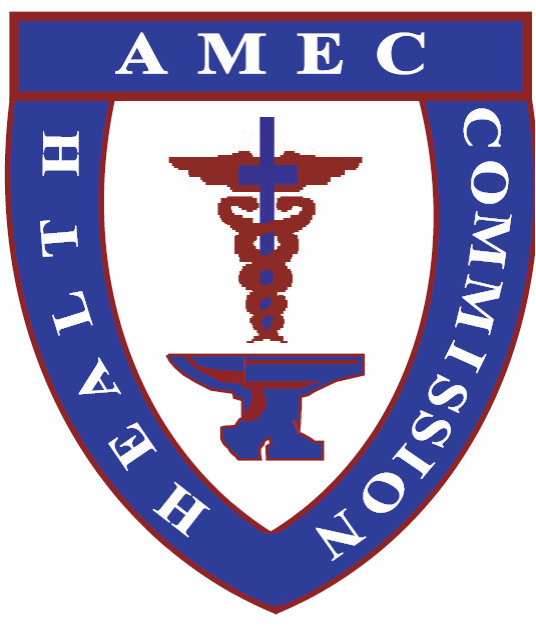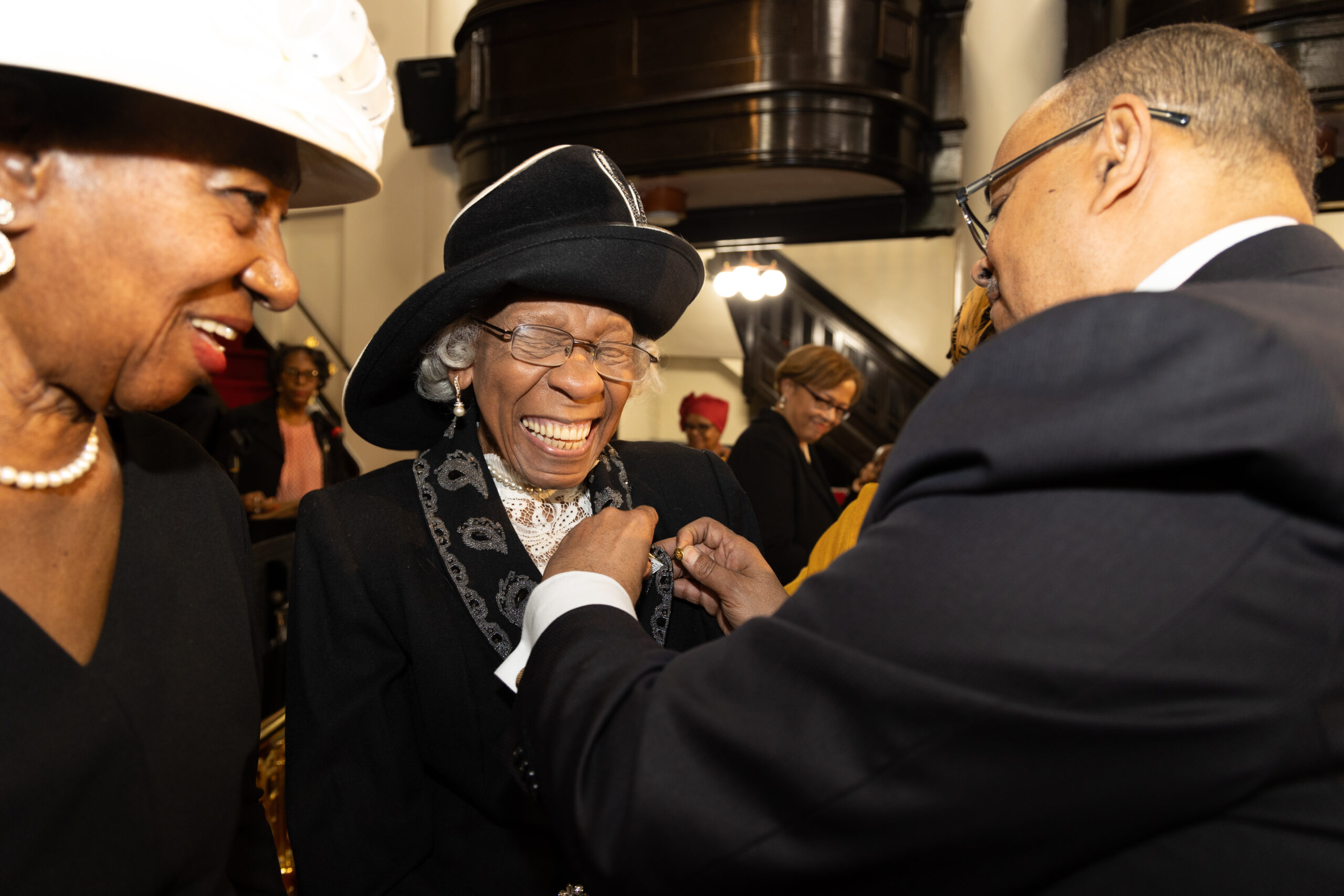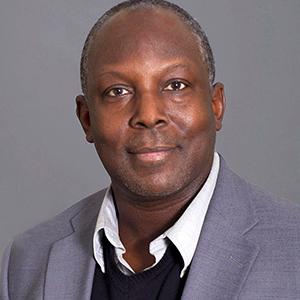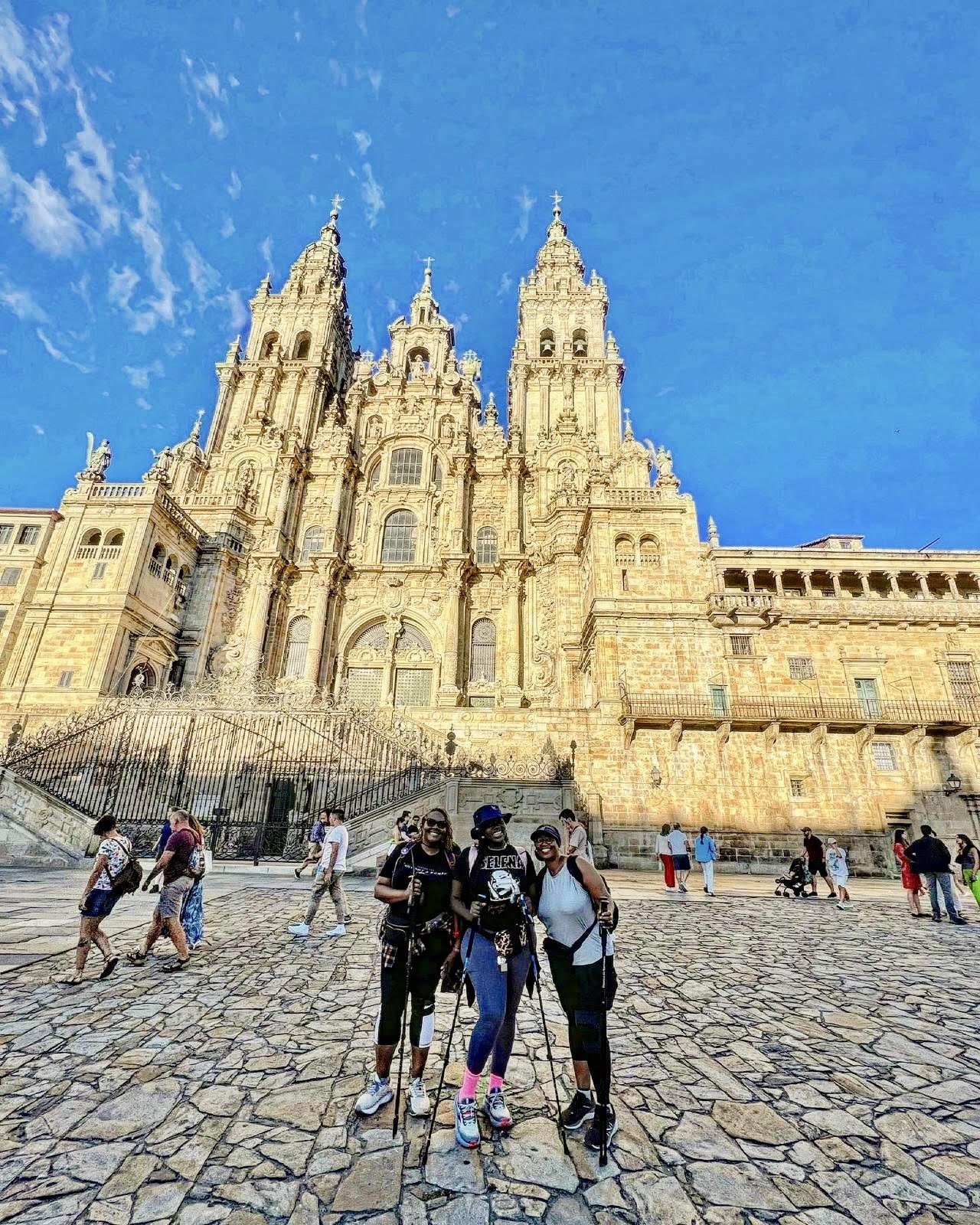During this pandemic, pastors have become media specialists, camera persons, musicians, singers, as well as public relations and marketing experts. In times like these, pastors are called to provide pastoral and spiritual care for the mind, body, and soul of the sheep. In times like these, we must be intentional about the care we provide.
In An Introduction To Pastoral Care, Charles Gerkin says, “The understanding that pastoral care always involves a response to human experience is central to the tradition of care.” Traditional pastoral and congregational care involves visiting the sick and shut-in, praying with and for members and their families, listening, providing limited counseling, assisting them in meeting their needs, and being present with them. In times of social distancing, how do we provide care that allows us to be present but not intrusive? What does congregational care look like in the midst of this pandemic?
The Chinese word for crises consists of two characters that represent danger and opportunity. As we navigate through this pandemic, it is clear that there is danger; but, there are also opportunities to learn, grow, and do good. How can we take what feels like evil and turn it around for our good so that when we emerge from our quarantined crises, we emerge stronger in our faith, deeper in our relationship with God, empowered to live our best life, and better equipped to do ministry?
There are various types of pastoral care. Notable experts guide us to providing effective pastoral care during this pandemic.
Healing of the mind, body, and soul are essential in a crisis. In this pandemic, people are also dealing with life-threatening health challenges. It is also important to be sensitive to the mental and emotional struggles that people face. The ministry of patience is key. For now, create support groups utilizing technology.
Guide others as instruments that the Holy Spirit uses to assist people in finding direction and comfort, to discern and make decisions, and to walk with them through uncharted territory. Listen to the Holy Spirit and the people’s concerns will be your greatest assets. Utilize the class leader system or small group facilitators.
God sustains us through difficult times through our relationship with God, our faith, our prayer life, and our knowledge and understanding of the scriptures. In times like these, we find the strength to hold on and are called to encourage others to do the same. The “ministry of presence” becomes a powerful witness. Establish a prayer ministry.
As ministers of the Gospel, we are called to help people understand the meaning and process of reconciliation and then walk with them through the process. The ministry of reconciliation is essential when appropriate. Create partners in ministry.
Nurture people who, during this pandemic, have lost loved ones. To lose a loved one and not to be able to see, say goodbye, and properly celebrate their life creates another level of struggle in the grief process. Words of comfort and encouragement are essential. Creating a card ministry can become meaningful.
Liberation and freedom from inner and external bondage, limiting thinking, and doubt is key. A crisis can immobilize and hinder a person if ministry is not intentional. Do Bible studies that focus on God’s liberating power.
In empowering others, we are seeking to bring out their strengths and help them use them to become a better and stronger version of themselves. In this season, we are helping people get through their situations and we are empowering them to grow beyond their situations. A ministry of encouragement is essential. Create a book club.
In this season of ministry, we have the opportunity to provide care in unique ways through technology, emails, cards, and phone calls, and to make provisions when necessary. In this season, we will have opportunities for personal growth as well as congregational growth through intentional teaching, preaching, and ministry.
However, before we can help others navigate through these unchartered waters, we must first be sure that we are in a place of being spiritually-equipped and empowered and emotionally stable to do so. There will be opportunities for God to use us to make a difference in the lives of others. Be patient. Be prayerful. Be encouraged.
Dr. Kathy Thomas McFadden is the pastor of Old Ship AME Zion Church in Montgomery, Alabama. She also serves as the presiding elder of the East Montgomery District, Central Alabama Conference for the AME Zion Church.





